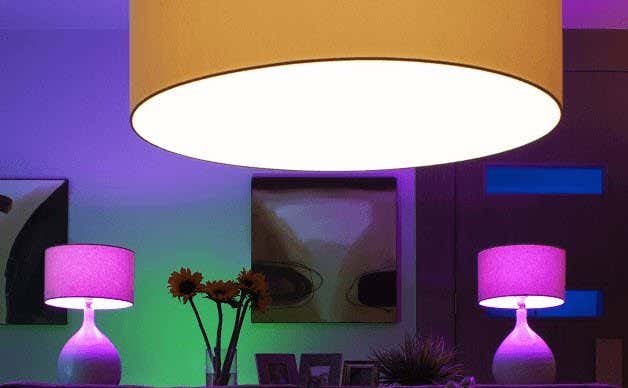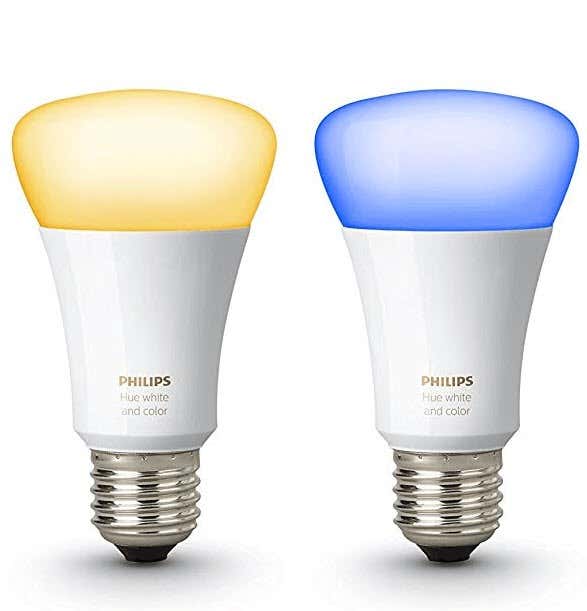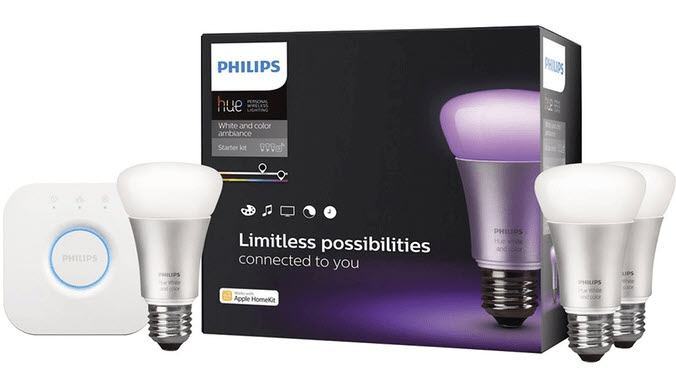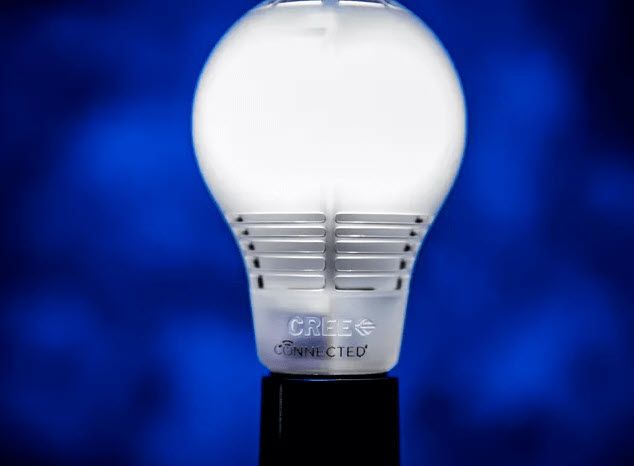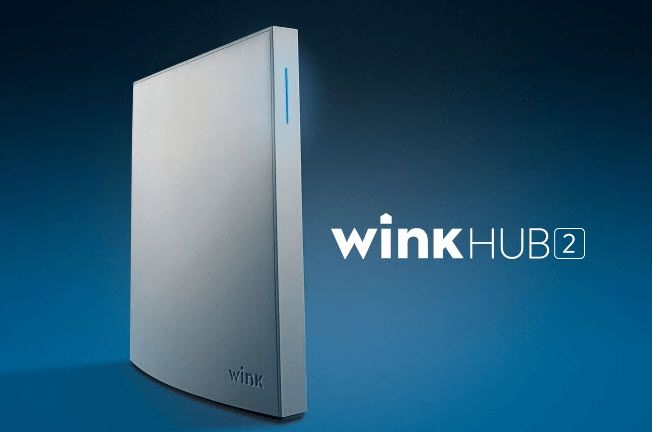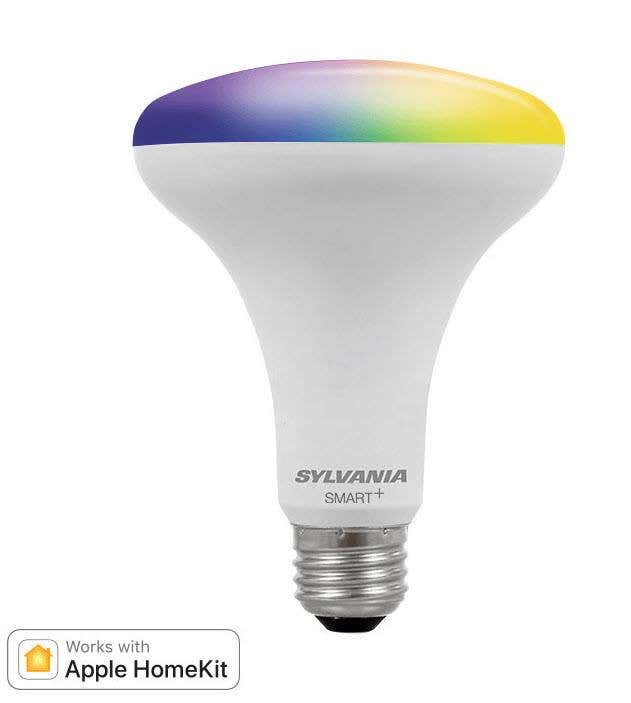If you’re in the market for some new smart lights, the first choice many people would suggest is Philips Hue. But is the Philips Hue range really the best option available?
Whilst Philips Hue lights are great quality and are paired up with a powerful bridge, we think there are some great competing products that are potentially more affordable.
We wanted to compare Philips Hue amongst some of the best competing products to give you the information you need to make your next purchase.
Why Choose Philips Hue?
Pros: Connected ecosystem, great support, easy connection with any assistants
Cons: More expensive than the competition
First things first, Philips Hue is easily the most popular smart light product range available right now. This means that it has some advantages that other brands do not.
Firstly, the product selection from Philips is incredible, so you’ll be able to purchase an entire selection of lights for your home, garage, your front porch, or anywhere else, that all work under one app or ecosystem.
Hue’s huge success has allowed Philips to spend more time on perfecting their products, so you’ll have a selection of great quality lights that will last you a good few years at least before running into any problems. And, if your lights break, due to no fault of your own, the 2 year warranty should cover it.
But it’s not all sunshine in Philip’s court – the Hue smart light range has been criticized for being too expensive and as the smart home industry has grown, far more more affordable competitors have jumped into the ring to offer exceptional alternatives.
Before we take a look at how the competition stacks up, let’s take a dive into some of the best products in the Philips Hue range.
What are the best Philips Hue products?
If you are looking to get started with Philips Hue for the first time, I would recommend one of their starter kits.
If you are looking to get set up with smart lighting in as many rooms as possible, you can start with the Hue White starter kit E26. With this, you’ll receive 4 E26 bulbs (only white), and the Hue Bridge, which will help you to control your Hue lights even if your internet goes down.
This will set you back $99.99. When you consider the Hue Bridge costs $59.99 on its own, it’s a very valuable deal at just $10 per bulb.
If you want some ambiance, things do start to get far more expensive – the Hue White and color ambiance set, which includes 4 color changing E26 bulbs and the Hue Bridge, costs $199.99.
If you already have a Hue Bridge and some basic light bulbs, you can start to extend your collection to outdoor lighting, mood lighting for countertops and furniture with smart controlled LED strips, or a variety of indoor lamps.
Philips has expanded their Hue range to support many different use cases, and it’s one of the reasons why Hue is such a popular choice.
Great Alternatives to Philips Hue?
Pros: You can generally find much cheaper high quality products
Cons: You may find yourself stretching across multiple ecosystems
Before we look at the options, it’s important to get set up with a good hub. The hub will act as a central location for communicating with all of your lights and it will make it possible to control your home through one app.
The SmartThings Hub will set you back $60, similarly to the Philips Hue Bridge. The Wink Hub costs even more at $69, but the WeMo Hub from Belkin costs just $40, allowing you to make some savings. All three options are suitable to use as a hub for smart lights.
Once you have your hub, you’ll already be $40-60 in. At this point, the price difference between Philips Hue and any competitor won’t be much. However, if you want to buy many more lights in the future, this is where the savings will start to add up.
As an example, the Cree Connected 60W equivalent bulb sells for just $15 on Amazon. These lightbulbs can be controlled via Google Home and Amazon Alexa, alongside one of the aforementioned hubs.
If you are looking for a bit of color in your life, the Sylvania Smart RGBW bulb can bring smart lighting to your life for just $30. The Philips Hue alternative will set you back $50.
For just 4 colored lights and a suitable hub, you may only save $10-40, but for 10 lights, you could save over $200. Four white Cree bulbs and a hub will actually cost the same as the Philips Hue starter kit, or slightly more depending on what hub you pick. But, for 10 lights and a hub, you can save a little.
So for basic indoor lighting, it will be roughly the same cost for either a Philips starter kit or a cheaper alternative with a hub. But, if you want 10 or more white lights, or a large number of colored LED lights, then it’ll work out exponentially cheaper to go for the alternative.
And, ultimately, the alternative options I’ve included here are still great products from respected companies – Cree, SmartThings, WeMo, Belkin, and Sylvania.
If you are after outdoor lighting, there are the occasional alternatives, but for a full outdoor setup, it seems Philips are the only brand with a real reliable product range currently.
For example, the Kuna Smart Light is a great option, but it includes a camera, bumping up the price to $196. Another reputable product is the Ring Floodlight cam, but this costs $249 thanks to the added surveillance system.
Alternatively, Philips offers some great spot lights and pathlights for between $79.99 and $129.99. Still quite expensive considering these are solely lights, but for now they are certainly the best choice.
Summary
In summary, there are some excellent alternatives for indoor lighting, but for just a few lights, you may find the price difference between the alternatives and Philips Hue to be very little. In this case, it makes sense to go for the leading brand.
The real savings come in as you start to purchase more lights. With the alternatives we suggested, you’ll be saving between $5 and $20 per light bulb.
If you go for the alternative, you can still get a great experience, too. With a good hub, you can bundle all of your smart lights into one seamless experience, so you don’t need to stick with Hue for that. Just make sure the equipment you purchase is compatible with the smart hub you choose, first.
What are your thoughts on Philips Hue and the competing alternatives? Have any questions about any of the smart lights mentioned? Please let me know by leaving a comment and I’ll respond soon.
